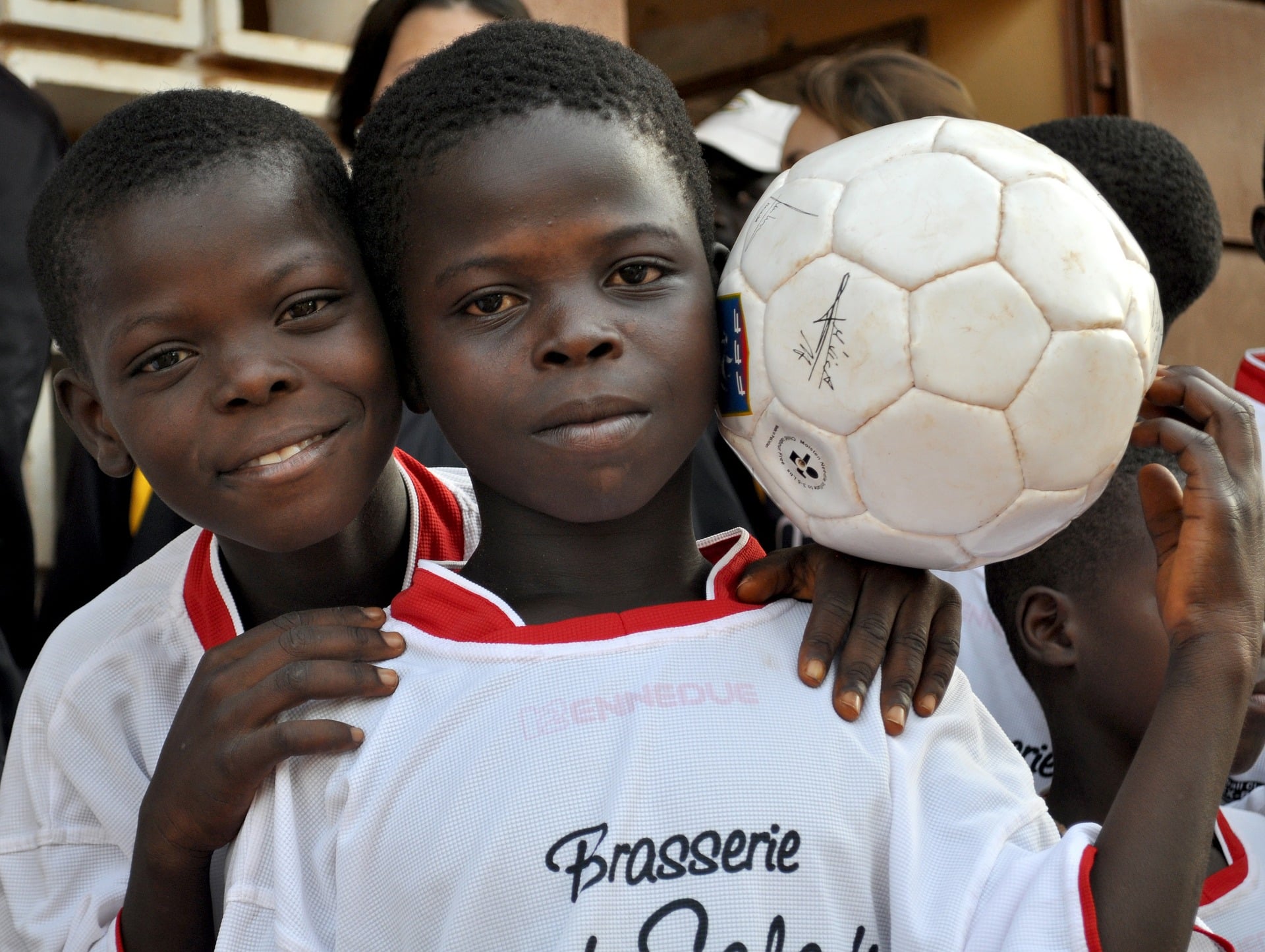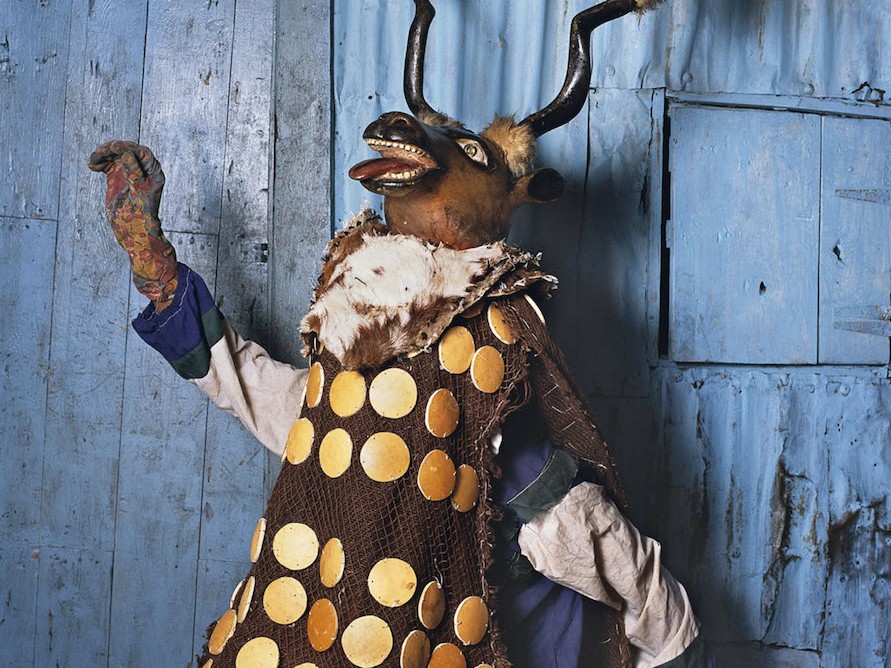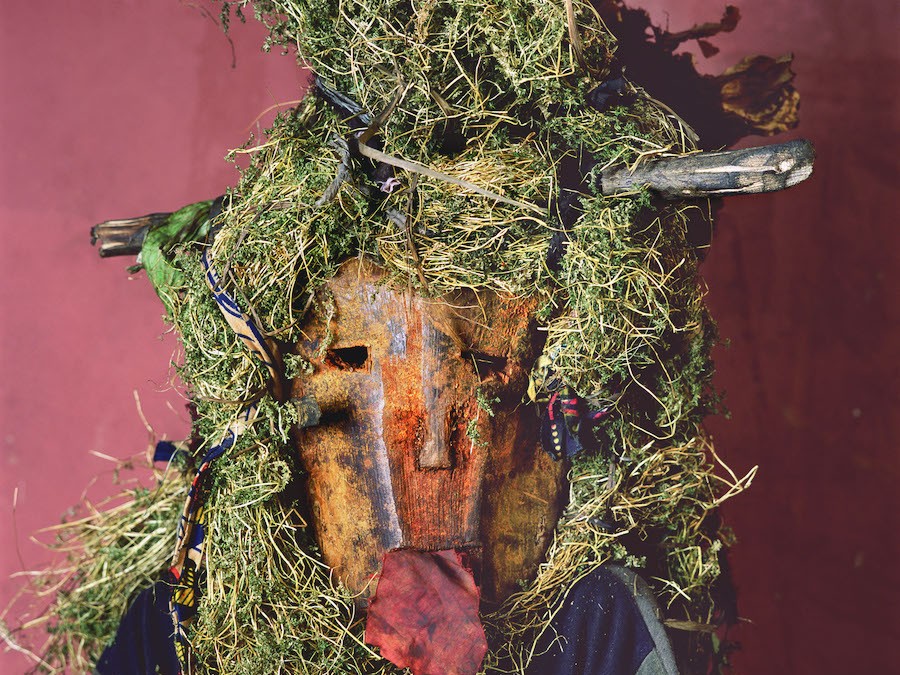Share this!
The Africa Cup Of Nations Is The Soccer Event You Should Be Watching
The Africa Cup of Nations (or AFCON) is a biennial sporting event soccer enthusiasts rave about. Organized by the Confederation of African Football (CAF), qualifying teams battle it out for the coveted winner’s cup, with Cameroon securing the title most recently in 2017.
RELATED: Why Senegal Is The Future Of Africa’s Soccer Scene
The History Behind The Cup
The first edition of the game was played in 1957 with three countries competing: Egypt, Sudan, and Ethiopia. As more nations became independent after the age of colonization, the competition and the stakes grew. Since the strategy around soccer evolves over time, it has historically been hard for teams in Africa to retain their elite status. The pioneering soccer empires of Sudan and Egypt toppled once the tournament made its first expansion, which included sub-Saharan powerhouse Cameroon. When a rule that limited the use of foreign players was established from 1960 to 1985, only a few countries were able to hoist the Cup. After the rule was repealed and South Africa qualified following the end of apartheid, Cameroon briefly had a period of success before they were bested by three-time consecutive Cup winners Egypt.
Egypt is the all-time winner of AFCON, winning a total of seven Cup titles (including the very first edition of the Cup) followed by Cameroon and Ghana with five and four titles won respectively.
The 2019 edition of the Cup marks the first time the winner will not compete in the FIFA Confederations Cup. Since the tournament was abolished in March 2019, the winner of this Cup will only contend for bragging rights and the cash prize of $4 million USD for the winning team and $2.5 million for the runner up. When the Confederations Cup existed, the winner of AFCON would play against the best nation in each continent and play an abridged version of the World Cup. The best performance by an African nation was Cameroon in 2003.
The Format
As of July 2019, there are two rounds of qualification before teams can enter the main event.
The teams from Africa are first ranked based on their prior performances in international competition (i.e. past Africa Cup of Nations tournaments and FIFA World Cup record in the qualifying stages) and are placed into five pots. For teams seeded into the 5th pot, they must contest one opponent in order to meet the rest of the teams.
In the second round of qualification, the 48 teams are placed into groups of four. Each team will play their opponents twice (one home and one away) where the top two teams of each group will qualify for the main event.
For the first time in tournament history, the main event expanded from 16 to 24 teams. Like the second qualifying round, teams are placed in tiers and are re-drawn into groups of four. After each team plays their opponents once, the top two finishers of each group, as well as the top four 3rd place finishers (out of eight groups), advance to the knockout stages.
The knockout stages are single-elimination where the top 16 teams compete until the last team standing wins the Cup.
View this post on Instagram
4 games left, 4 teams left, everything to play for ???? #TotalAFCON2019
A post shared by CAF (@caf_online) on
The Impact Of The Cup
The Africa Cup of Nations symbolizes more than the title of ‘Best African Nation’ in soccer. The tournament is a way to showcase the stability and unity Africa possesses as a continent.
The Africa Cup of Nations promotes economic activity and job growth for the continent. Each host of the Cup has the opportunity to construct new sporting stadiums and expand on tourism for those traveling for the tournament, allowing more of their citizens to work on these projects. In terms of media, AFCON is the 3rd most-watched soccer tournament globally and the CAF gives 20% of profits made from advertisement, television rights, and ticket sales to the host country. Statistics from past tournaments have shown that as much as 1,000% of the money invested in the Cup can be earned after the tournament and improve the country’s GDP due to the interest of fans.
On top of potential economic gains, host countries can also disprove unfavorable stereotypes (i.e. political instability). Regardless of the political and social climate of the host country, the CAF and the host country’s soccer committee welcome those wanting to see the games live. As tourists and soccer fanatics flock to competition games, the host country deploys additional security personnel to ensure the spectators’ safety. In addition, host countries are expected to be cleared with no health epidemics sweeping through the country before the tournament begins.
Why Is The Cup Sometimes Referred To As “Total AFCON”?
The current edition of the tournament is sponsored by French gasoline company Total. This partnership applies to the 10 major tournaments that have been and will be organized by CAF. The partnership also increased the prize pool.
To learn more about AFCON visit the tournament’s official website here.

About Demand Africa
Demand Africa offers 24-7 access to the largest curated collection of Pan-African TV shows, series, soaps, movies and lifestyle entertainment direct from the continent. Demand Africa goes to Nollywood and beyond to offer a deeper connection to the continent. Explore the culture, people, places and traditions of Africa and stream with IMPACT. Now streaming over 1,000 hours, with content added monthly. 60% of your monthly subscription goes to the featured creators and distributors on Demand Africa.






